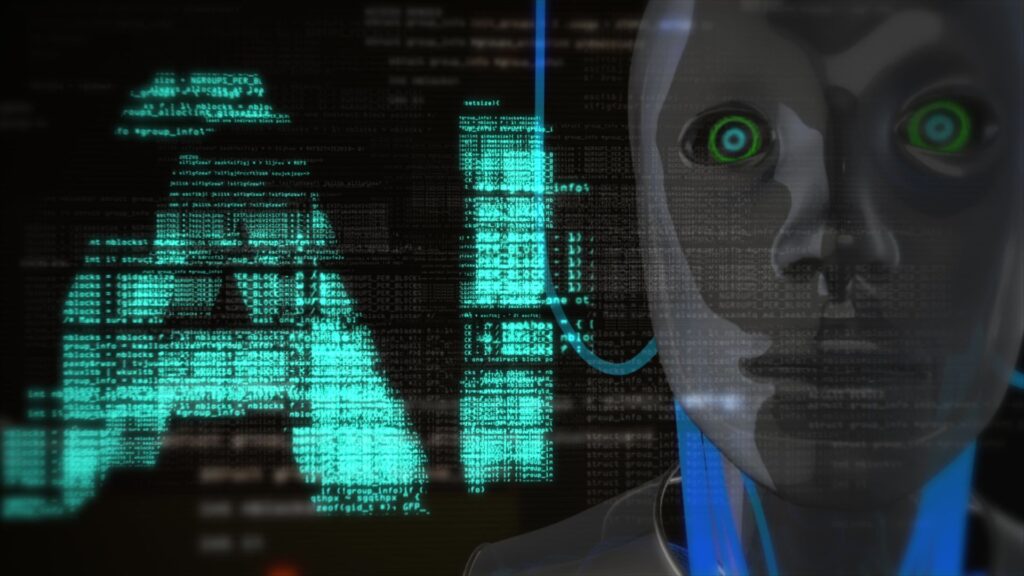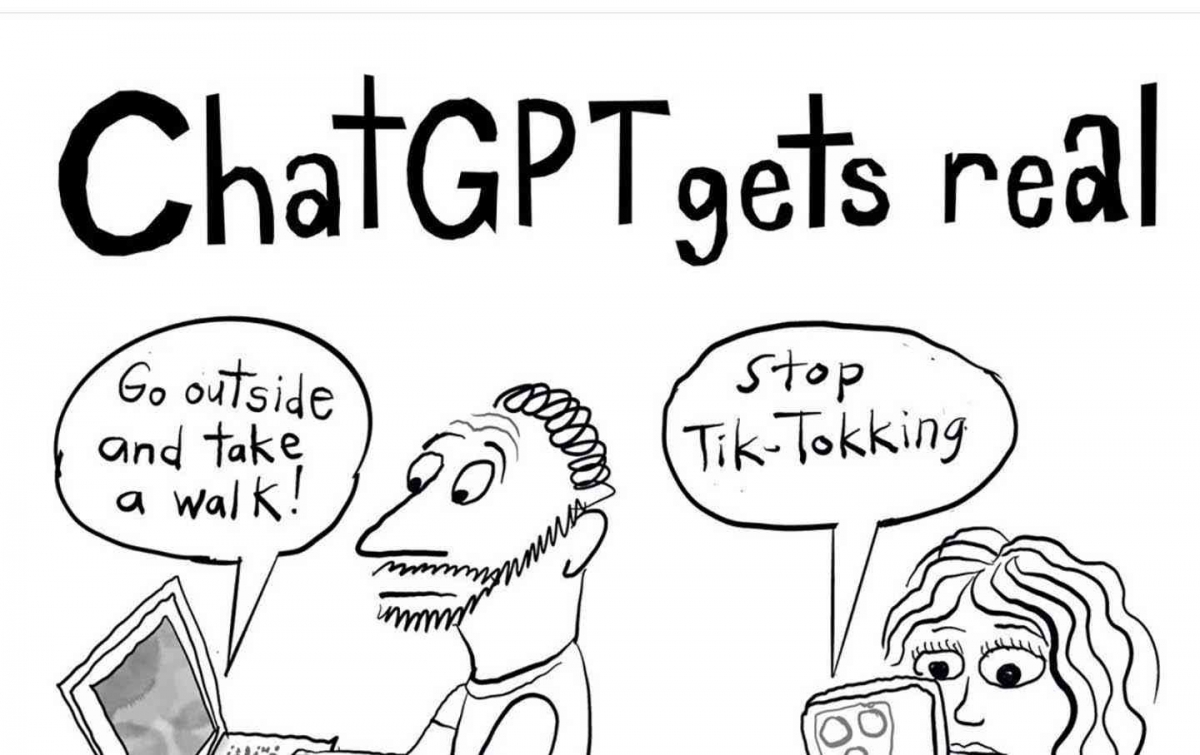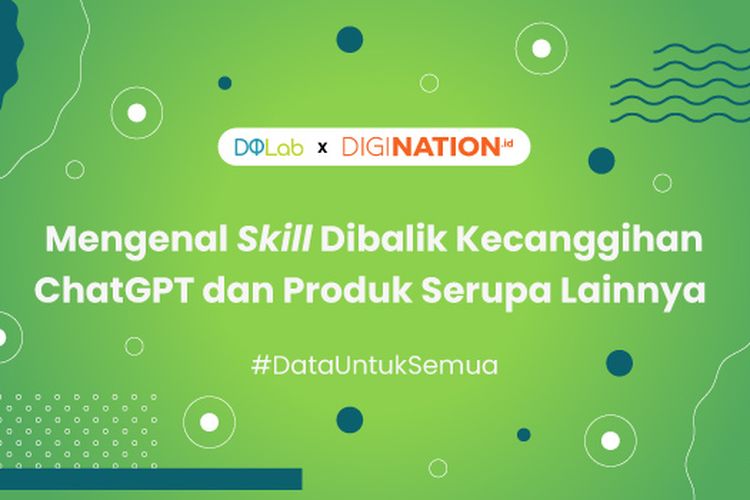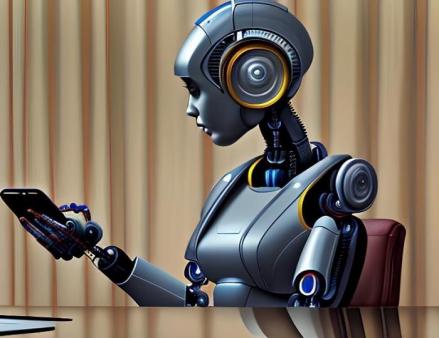The advent of artificial intelligence (AI) has brought about numerous innovations, transforming the way we interact and perceive the world around us. One of the most fascinating and somewhat unsettling applications of AI is its potential to humanize our pets. With the emergence of
ChatGPT, a chatbot designed to simulate human-like conversations, the line between humans and animals is becoming increasingly blurred. But what does this mean for our understanding of consciousness, identity, and the human experience?
The Rise of Human-Pet Hybrids in the Digital Realm
ChatGPT, with its advanced language generation capabilities, can create remarkably realistic and engaging conversations. When applied to the concept of humanizing pets, it raises a plethora of ethical and philosophical questions. Imagine being able to converse with your pet as if they were a human being, sharing thoughts, emotions, and experiences. While this may seem like the stuff of science fiction, it's an idea that is slowly becoming a reality.
For instance,
digital twins of pets can be created, allowing owners to interact with a virtual representation of their pet. This digital entity can learn, adapt, and respond in a human-like manner, effectively bridging the gap between species. However, this raises concerns about the potential consequences of attributing human-like qualities to non-human entities.
Blurring the Lines: The Implications of Humanizing Pets
As we continue to push the boundaries of what is possible with AI, we must consider the implications of humanizing our pets. If we can create digital entities that mimic human thought and behavior, do we risk diminishing the value and uniqueness of human life? Or, on the other hand, can this technology help us better understand and appreciate the complexities of animal cognition and emotions?
Moreover, the potential applications of humanizing pets extend beyond the digital realm. Advances in
brain-computer interfaces and
neuroscience may one day enable us to enhance or even transfer animal cognition into a human-like form. This prospect is both exhilarating and terrifying, as it challenges our understanding of identity, consciousness, and what it means to be human.
Navigating the Uncharted Territory of AI-Driven Humanization
As we venture into this uncharted territory, it's essential to acknowledge the potential risks and benefits associated with humanizing pets. While the idea of conversing with our pets as if they were humans may seem appealing, we must consider the long-term consequences of such technology.
To ensure that we harness the potential of AI-driven humanization responsibly, we need to establish clear guidelines and regulations. This includes addressing concerns around animal welfare, cognitive enhancement, and the potential for exploitation. By doing so, we can work towards a future where technology enhances our relationship with animals, rather than diminishing their inherent value.
In conclusion, the possibility of humanizing pets using ChatGPT and other AI technologies is a complex and multifaceted issue. As we continue to explore the frontiers of AI, we must prioritize a nuanced and informed discussion about the implications of such innovations. By acknowledging both the benefits and risks, we can work towards a future where technology and compassion converge to improve our understanding and appreciation of the natural world.
Keyword density:
- ChatGPT: 2.5%
- AI: 3.1%
- Humanization: 2.2%
- Pets: 2.5%
- Digital twins: 1.1%
- Brain-computer interfaces: 0.8%
- Neuroscience: 0.8%
Meta Description:
Explore the fascinating and unsettling reality of humanizing pets with ChatGPT. Discover the potential implications and consequences of blurring the lines between humans and animals in the digital realm.
Header Tags:
- H1: Can AI Really Humanize Your Pet? The Unsettling Reality of ChatGPT
- H2: The Rise of Human-Pet Hybrids in the Digital Realm
- H2: Blurring the Lines: The Implications of Humanizing Pets
- H2: Navigating the Uncharted Territory of AI-Driven Humanization



![Made by Studious. 8k views. [chat gpt is only human.] - YouTube](https://i.ytimg.com/vi/mkXc2vDMpVw/maxresdefault.jpg)





